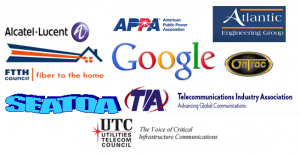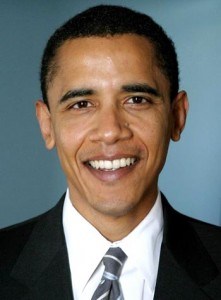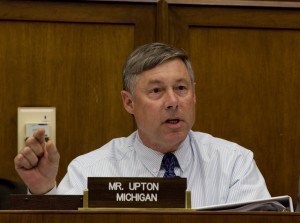 Perhaps the most the world ever hears about the tiny British island of St. Helena, a home in the South Atlantic for 4,000 residents, is the annual St. Helena Radio Day when the nation takes to the shortwave radio dial to say hello to friends on every continent.
Perhaps the most the world ever hears about the tiny British island of St. Helena, a home in the South Atlantic for 4,000 residents, is the annual St. Helena Radio Day when the nation takes to the shortwave radio dial to say hello to friends on every continent.
Beyond that, St. Helena is mostly known as an out-of-the-way tourist destination and potential point of contact for ships traversing the South Atlantic between South America and southern Africa. St. Helena’s residents live with three television stations, two radio stations, two newspapers, and a single satellite connection to the Internet providing one 10/3Mbps circuit shared by all 4,000 residents.
Signing up for “broadband” is an expensive ordeal. Individual residents can purchase strictly usage-limited DSL Internet service at prices ranging from $31 a month for 128/64kbps service (limited to 300MB per month) to $190 for 384/128kbps service, with a 3.3GB monthly allowance. Overlimit fees start at around $0.15 per megabyte.
Local residents find life without the modern day definition of broadband service a major hindrance, especially for education. Students have left St. Helena for the United Kingdom to pursue studies. Economically, self-sustained employment is next to impossible on the island.
“I’m an IT engineer and I would love to return to my island to start an IT business, but because of the slow, expensive and unreliable Internet connection this is simply impossible,” said Jonathan Clingham, an IT infrastructure engineer now working in Wiltshire, England.
Now a grass-roots campaign has been launched to help convince several telecommunications companies financing a new underseas fiber cable project laid between Brazil, Angola, and South Africa to reroute the cable slightly through the island of St. Helena, opening the door to modern broadband for the island.
The group is calling on supporters to help draw attention to the project, arrange for the British government to help underwrite the expense of an extra 50 kilometers of cable needed to reach St. Helena, and providing assistance to lease a circuit on the new cable:
- If you are an British citizen or UK resident please sign our e-petition to connect St Helena.
- Show your support by liking our Facebook page.
- Spread the word and let everybody know about our campaign.
- Ask the following entities/persons for support:
- the UK Foreign & Commonwealth Office
- the UK Department for International Development
- as a UK citizen your MPs and Lords


 Subscribe
Subscribe







